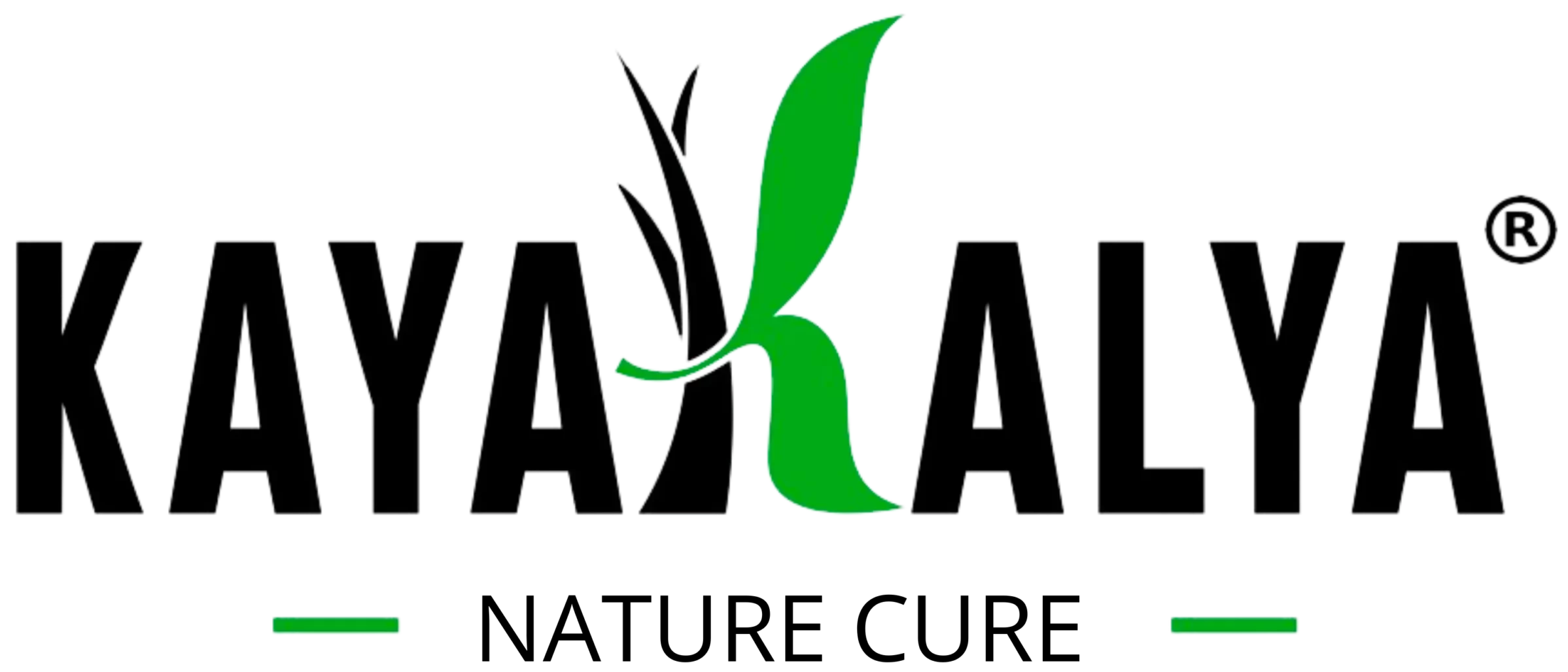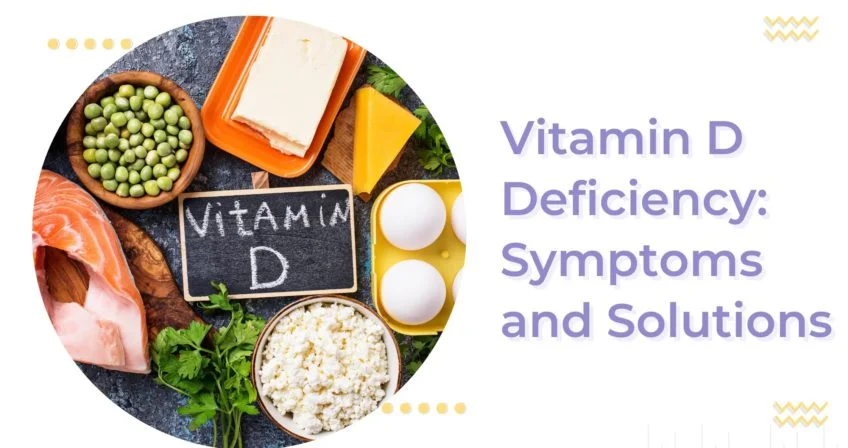- Have Any Questions
- +91 7220 951 951
- kayakalyanaturecure@gmail.com

Cervical Pain : Problems & Natural Treatment
April 13, 2024
Benefits of Face Mask for a Healthier Skin
April 13, 2024Vitamin D is an essential nutrient that plays a crucial role in maintaining healthy bones, teeth, and muscles. It also helps to boost the immune system, improve cognitive function, and reduce the risk of chronic diseases such as diabetes, cardiovascular disease, and cancer. Unfortunately, many people suffer from a vitamin D deficiency, which can lead to a range of health problems. In this article, we will explore the symptoms of vitamin D deficiency and natural veg sources of vitamin D.
Symptoms of Vitamin D Deficiency
Vitamin D deficiency is a common problem, especially in areas with limited sunlight or in people with a poor diet. The symptoms of vitamin D deficiency can be subtle and may not appear until the deficiency becomes severe. Some of the most common symptoms of vitamin D deficiency include:
- Weak bones and muscles: Vitamin D is essential for the absorption of calcium, which is necessary for strong bones and muscles. A deficiency in vitamin D can lead to weak bones and muscles, making you more susceptible to fractures and injuries.
- Fatigue and weakness: If you’re feeling tired and weak all the time, it could be a sign of vitamin D deficiency. Vitamin D is essential for maintaining energy levels and overall vitality.
- Mood changes: Vitamin D deficiency has been linked to mood changes, including depression and anxiety.
- Hair loss: Vitamin D deficiency can lead to hair loss or slow hair growth.
- Weakened immune system: Vitamin D is essential for a healthy immune system. A deficiency in vitamin D can increase the risk of infections and other illnesses.

Natural Veg Sources of Vitamin D
The best way to get vitamin D is through exposure to sunlight. However, for those who cannot get enough sunlight, there are several natural veg sources of vitamin D that can be included in the diet. Some of the best natural veg sources of vitamin D include:
- Mushrooms: Mushrooms are one of the few natural veg sources of vitamin D. They contain ergosterol, a compound that converts to vitamin D when exposed to sunlight. Mushrooms can be an excellent addition to salads, stir-fries, and soups.
- Fortified plant-based milk: Many plant-based milk products, such as soy milk, almond milk, and oat milk, are fortified with vitamin D. Check the label to ensure that the product contains vitamin D.
- Fortified cereals: Some breakfast cereals are fortified with vitamin D, making them an easy and convenient way to increase your vitamin D intake.

- Tofu: Tofu is an excellent source of protein and calcium, and it is also a natural veg source of vitamin D. Some brands of tofu are fortified with vitamin D, so be sure to check the label.
- Orange juice: Some brands of orange juice are fortified with vitamin D, making it an easy and delicious way to increase your vitamin D intake.
- Spinach: Spinach is a great source of many essential vitamins and minerals, including vitamin D.
- Kale: Kale is another leafy green vegetable that is rich in vitamin D.
Conclusion
A deficiency in vitamin D can lead to a range of health problems, including weak bones and muscles, fatigue and weakness, mood changes, hair loss, and a weakened immune system. Fortunately, there are several natural veg sources of vitamin D that can be included in the diet, such as mushrooms, fortified plant-based milk, fortified cereals, tofu, orange juice, spinach, and kale. By including these foods in your diet, you can ensure that you are getting enough vitamin.
Follow Us on Facebook – @kayakalyanautrecure



